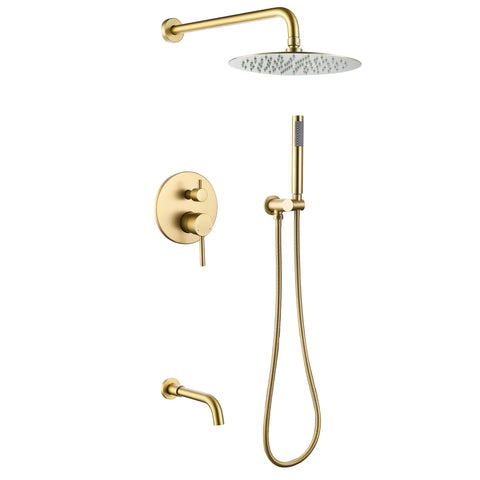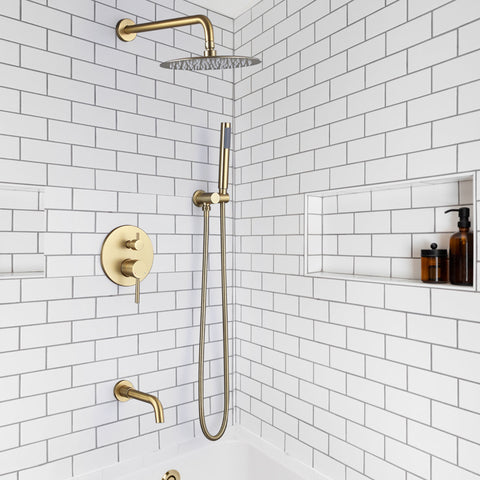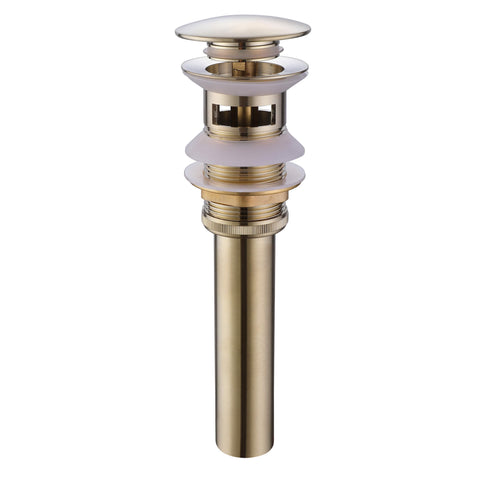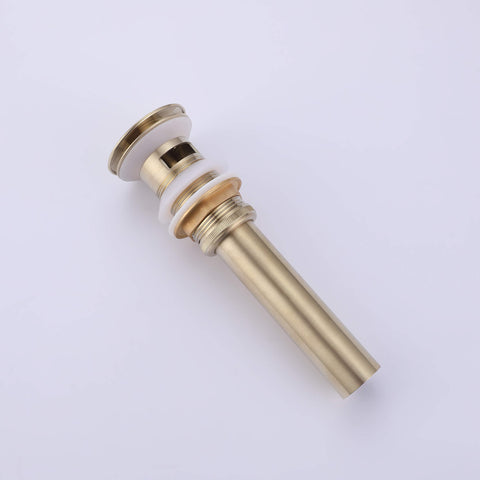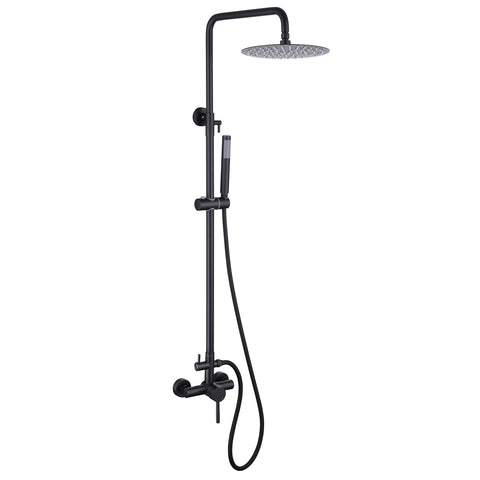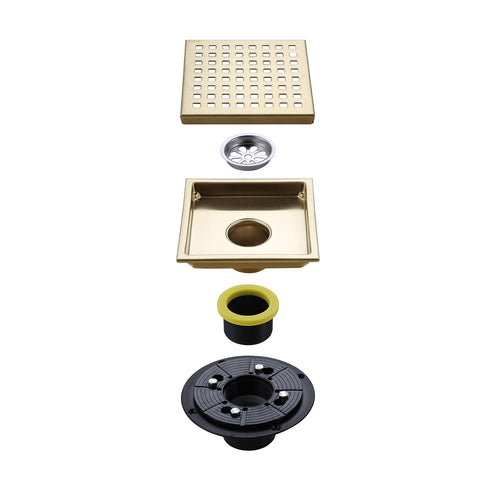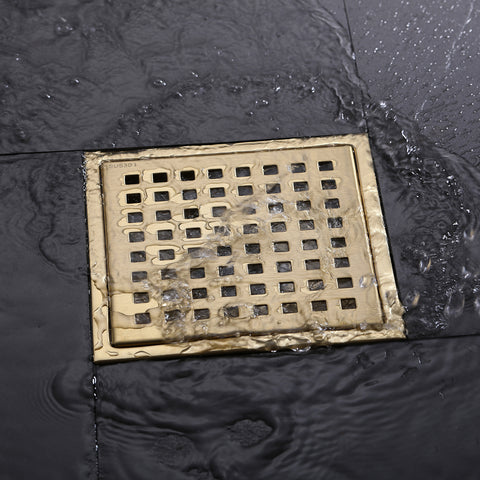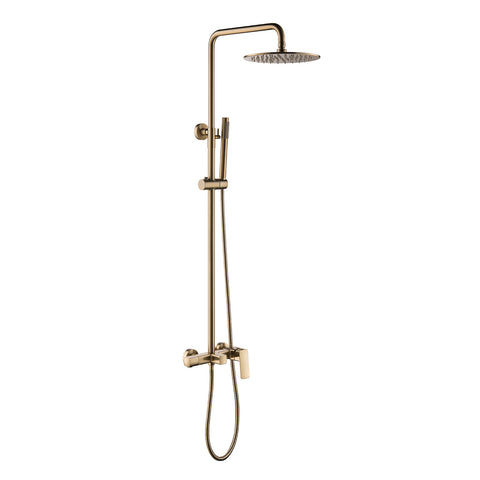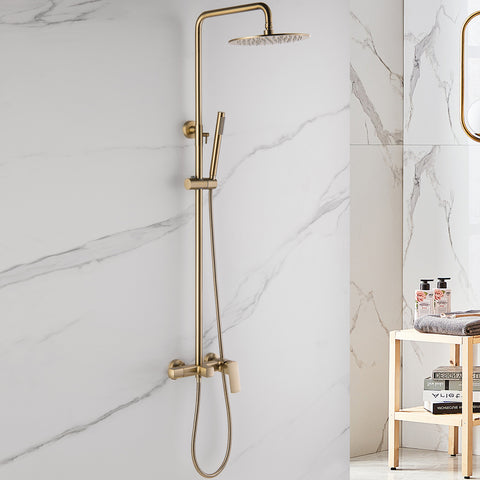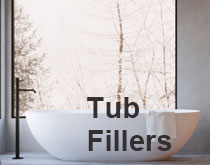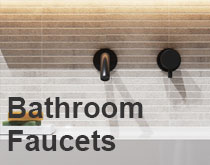Why Does My Shower Faucet Leak When the Water is Turned Off?
A leaking shower faucet can be a frustrating and wasteful problem to deal with. If you've ever experienced water dripping from your showerhead or faucet even when it's turned off, you're not alone. This common issue can be caused by several factors, and understanding why it occurs is the first step in fixing it. In this blog, we'll explore the reasons behind a leaky shower faucet and provide solutions to help you put an end to this annoying problem
1. Worn-out Seals and Washers
One of the most common reasons for a leaking shower faucet is worn-out seals and washers. Inside your faucet handle, there are rubber or silicone seals and washers that help create a watertight seal when the faucet is closed. Over time, these components can deteriorate due to constant exposure to water, minerals, and other impurities. As a result, water can seep through, causing a drip even when the faucet is off.
Solution: To fix this issue, you'll need to disassemble your faucet, inspect the seals and washers, and replace any damaged or worn-out parts. This relatively simple DIY repair can save you money and prevent further water wastage.
2. High Water Pressure
Excessively high water pressure in your plumbing system can also lead to a leaking shower faucet. When water pressure is too high, it can force water past the seals and washers, causing leaks even when the faucet is in the off position.
Solution: To address this problem, consider installing a pressure-reducing valve (PRV) in your plumbing system. A PRV will regulate the water pressure, preventing it from reaching levels that can damage your faucet and other plumbing fixtures.
3. Corrosion and Mineral Buildup
Corrosion and mineral buildup can accumulate on the inner components of your shower faucet over time, affecting its ability to create a proper seal. Rust, limescale, and other mineral deposits can cause the faucet to leak when turned off.
Solution: Regularly clean and maintain your shower faucet to prevent mineral buildup. You can use vinegar to dissolve mineral deposits or purchase commercial cleaning products designed for this purpose. Regular maintenance will extend the lifespan of your faucet and reduce the likelihood of leaks.
4. Improper Installation
Sometimes, a leaking shower faucet can be attributed to improper installation. If the faucet components were not installed correctly, it may not create a tight seal, leading to leaks.
Solution: If you suspect improper installation is the issue, it's best to consult a professional plumber. They can disassemble and reassemble the faucet correctly, ensuring a proper seal and preventing leaks.
5. Age and Wear
Like all plumbing fixtures, shower faucets have a finite lifespan. Over time, the materials may deteriorate, and the faucet may become more prone to leaks. If your faucet is old and has served its purpose for many years, it might be time for a replacement.
Solution: Consider replacing your old shower faucet with a new, more efficient model. Modern faucets often come with improved technology and materials that are less prone to leaks and corrosion.
Conclusion
A leaking shower faucet can be a nuisance, but understanding the underlying causes and implementing the appropriate solutions can help you put an end to the problem. Whether it's worn-out seals, high water pressure, corrosion, improper installation, or old age, addressing the issue promptly will save you money on water bills and prevent potential water damage to your home. If you're not confident in your plumbing skills, don't hesitate to seek the assistance of a professional plumber to ensure a proper fix. Remember, a leak-free shower faucet not only saves water but also contributes to a more efficient and sustainable home.
